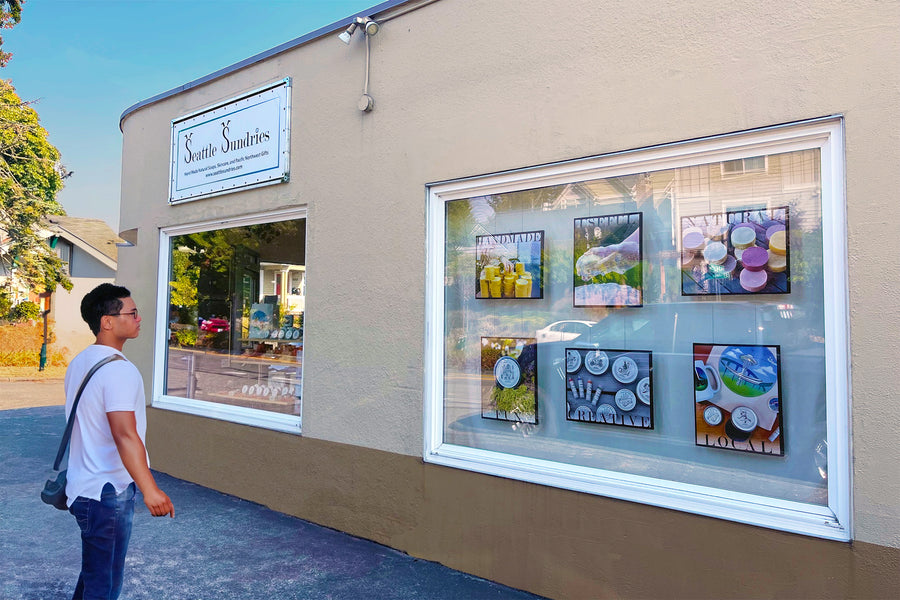Soap Scents

I'm going to be trying out some new scent combinations today in a batch of soap and I've been thinking about how I've learned some things over the past 17+ years regarding soap scents.
When I started in the early 1990s, I used fragrance (synthetic) oils for scent because they were so much cheaper than true essential oils and had a very strong and lasting aroma. I would use fragrances like cucumber or gardenia...copies of smells that I loved in nature. After a while, though, I found that being around the fragrance oils really started to bother me. I would get headaches if I was in a room with them for too long. It occurred to me that whatever my body was reacting negatively to from smelling the synthetic oils, would not be something I would want to keep rubbing on my skin...or have somebody else rub on their skin. And let me just say, I am NOT someone who is particularly sensitive to chemicals or allergic to things so if they bothered me they would surely bother others.
At that point I started using natural essential oils exclusively in my soaps. True essential oils come from the plants they smell like and can sometimes be VERY hard to extract. For that reason, they tend to be much more expensive than fragrance (synthetic) oils and can be more fragile when mixed with the sodium hydroxide (lye) used to make cold process soap. I found over the years that some essential oils are much sturdier than others (like patchouli), and can help to strengthen more fragile oils (like citrus or florals). I love the clean, fresh scent of orange, lemon and lime, but none of those oils fare well on their own against the lye so I always mix citrus with another oil.
I've also learned that adding a small amount of Castor oil to my essential oils before mixing them with the batch of soap will improve scent longevity. Castor oil acts as a natural scent fixative and is also a great moisturizing oil for your skin. Other natural additives like clays or herbs that are added for color can also help to soak up the essential oils and help them to hold strong against the lye during the saponification process.
The last step for me in improving the staying power of essential oils has to do with storage. Sunlight and open air can dramatically shorten the scent life of soaps. If you have purchased handcrafted soaps made with essential oils, be sure to store them (wrapped in tissue paper) in an airtight container or ziplock bag in a dark place when not in use.
Time to get to work!



Leave a comment